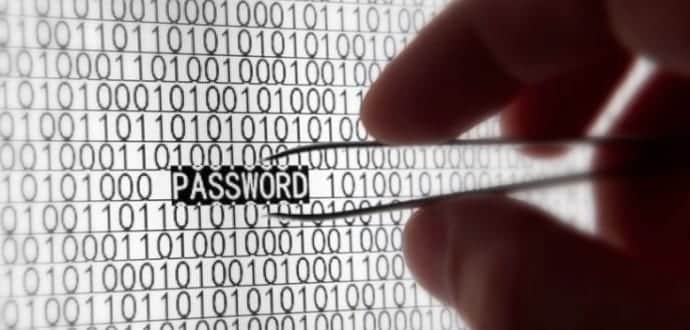Need law to access Internet passwords, Canadian police say
Canadian police chiefs on Tuesday called for the government to implement a law that would compel people to reveal their electronic passwords or online encryption key in the interests of public safety.
The Canadian Association of Chiefs of Police (CACP) passed the resolution at an annual meeting in Ottawa, calling for the legal measure to unlock digital evidence citing that criminals are increasingly using encryption to keep their illegal activities a secret.
In a statement, the CACP said it “urges the government of Canada, for the purpose of community safety, to identify a legislative means for public safety agencies inclusive of law enforcement, through judicial authorization, to compel the holder of an encryption key or password to reveal it to law enforcement.”
Speaking at a news conference yesterday, Royal Canadian Mounted Police (RCMP) Assistant Commissioner Joe Oliver told that currently there is nothing in Canadian law that would force someone to reveal a password to police during an investigation.
Criminals from child abusers to mobsters are operating online in almost complete anonymity by hiding identities and messages, a phenomenon police call “going dark,” Oliver said.
“The victims in the digital space are real,” he added. “Canada’s law and policing capabilities must keep pace with the evolution of technology.”
David Christopher, a spokesman for OpenMedia, a group that works to keep the Internet surveillance-free said that the chiefs’ proposed password scheme is “wildly disproportionate,” because in the case of a laptop computer it would mean handing over the “key to your whole personal life.”
He added, “On the face of it, this seems like it’s clearly unconstitutional.”
Government officials are waiting for feedback from citizens and privacy groups on how to devise laws that would protect online freedom as well as privacy in the best possible way at the same time. The consultation runs until Oct. 15.
The recent years have seen the increase in police demands for access to online communications and the concerns of civil libertarians about privacy rights have created tensions worldwide.
For instance, the U.S. Federal Bureau of Investigation last year went to court in an effort to crack the password of a terror suspect’s iPhone following a mass shooting in San Bernardino, California.
Oliver said that even after data is lawfully seized, investigators cannot read and understand data and other potential evidence due to the technological barrier encryption poses.
Further, investigators often find out that the material has already been deleted because Canada does not have data-retention standards, although there are legal means to look for the protection or production of data held by telecommunications companies, he said.
In order to help investigations progress after an early stage, Canadian police also continue to looks for means where basic information about telecommunication subscribers, such as name and address, can be easily obtainable, Oliver said.
